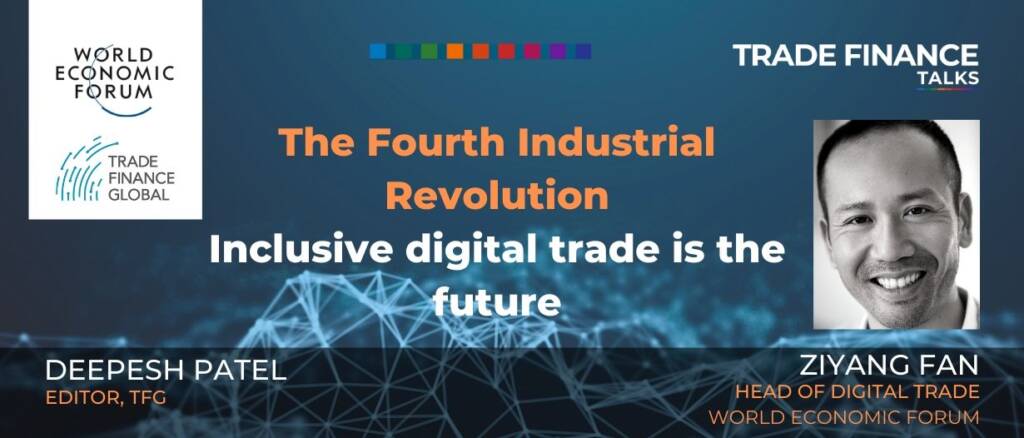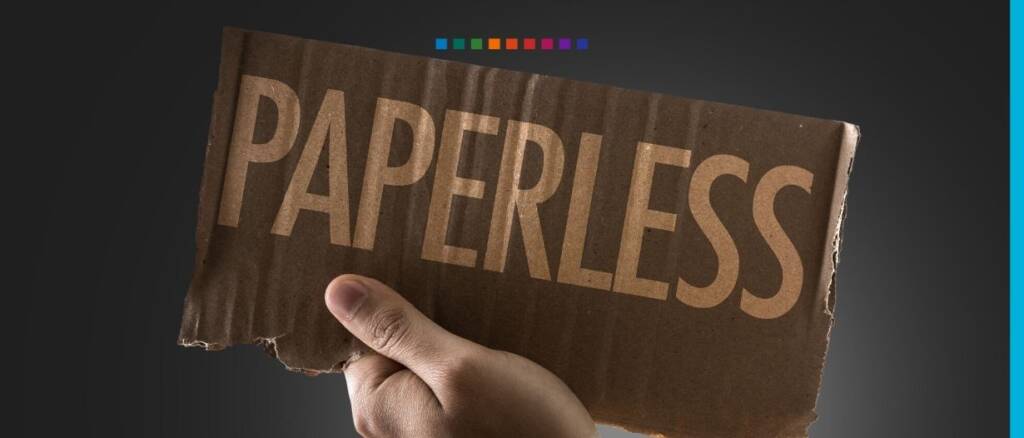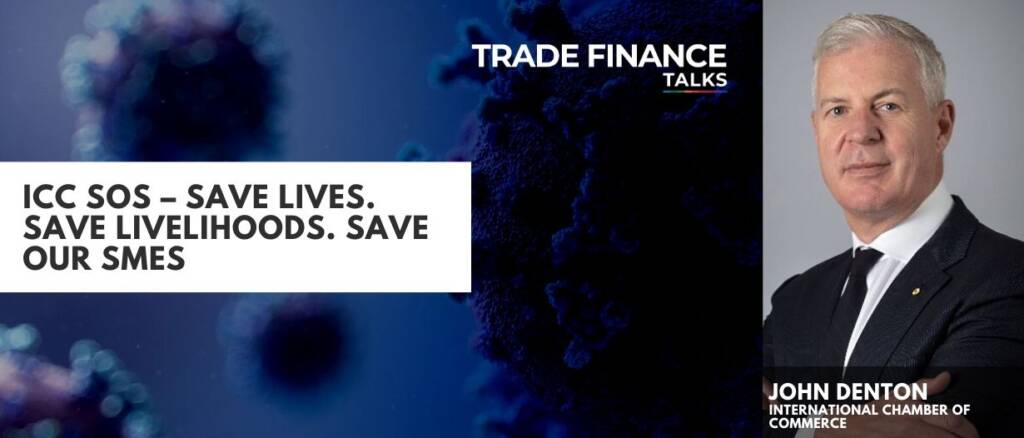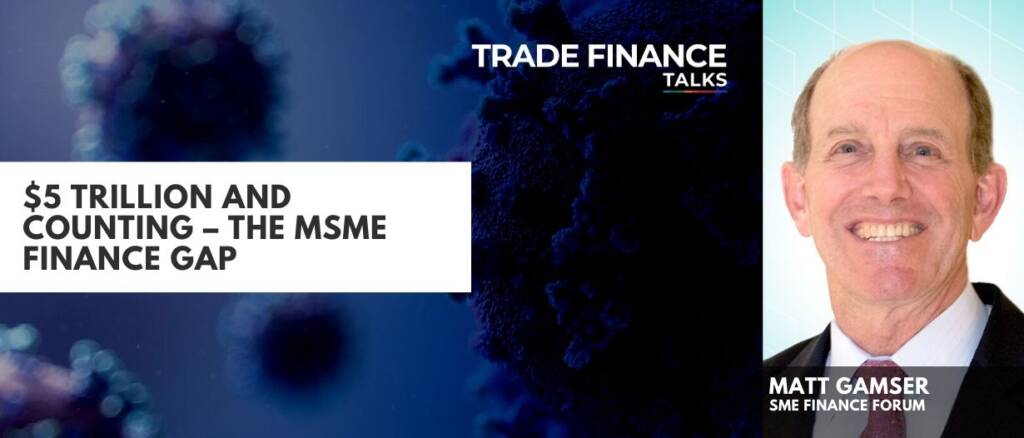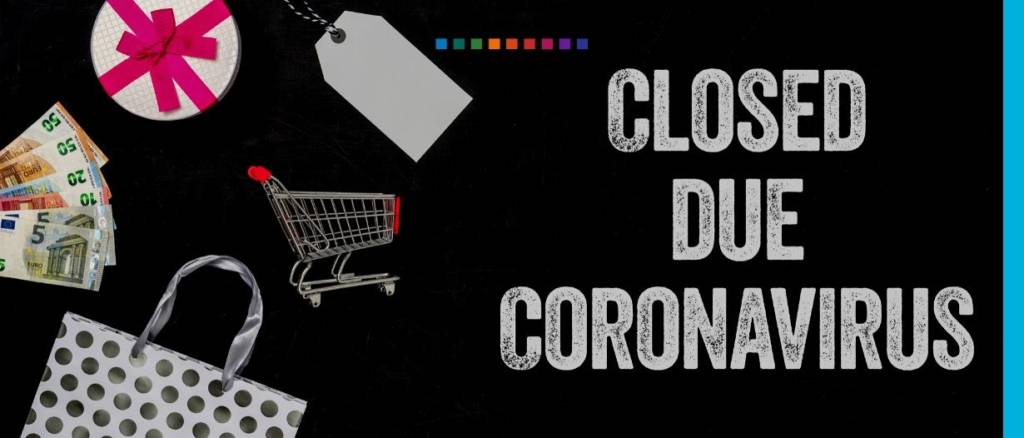SMEs need to re-think their innovation strategy including digitalisation as the pandemic has accelerated the shift to digital technology in trade.
Only through collaboration and interoperability with other key technologies like AI, RPA, and the IoT will the path of consortia be effective in making trade finance truly digital.
If regulators and established FIs are to place their faith – and their capital – in Blockchain, it must have a financial crime control framework to match efficiency of the solutions blockchain offers.
TFG heard from World Economic Forum’s Ziyang Fan on bringing policymakers, innovators and technologists together to work hand in hand to solve some of the global challenges.
Singapore & Malta, 23 June 2020 Contour, the Singapore-based open trade finance network, today announced its partnership with essDOCS, the leading enabler of paperless trade. The news follows Contour and essDOCS’ initial… read more →
TFG heard from ICC’s Secretary General John Denton and talked about actions needed from governments, private sector leaders and international institutions to ensure the continued viability of our MSMEs.
The Government has announced a range of measures to help boost digital trade and establish the UK tech industry as a global player The new measures will help create and… read more →
TFG caught up with IFC’s SME Finance Forum CEO, Matt Gamser on MSME’s importance in real-world economic growth, job creation, and innovation.
Banks, fintechs, and other vendors have a pivotal role to play in this situation to support communities and try to help the economy moving in the short and long term.
How are the rights and obligations of the parties to a credit affected on account of missed deadlines caused by these force majeure events?


















